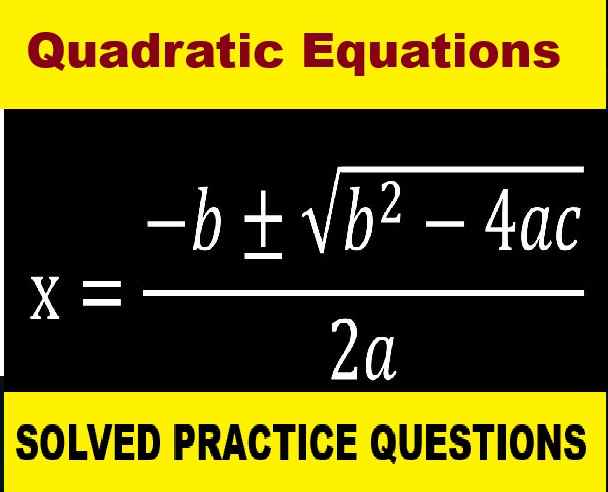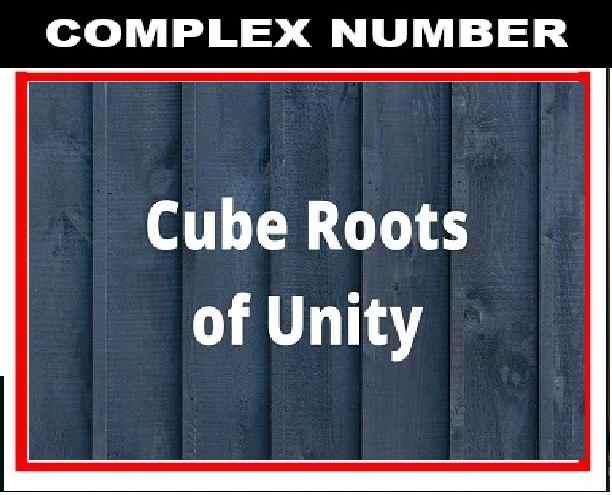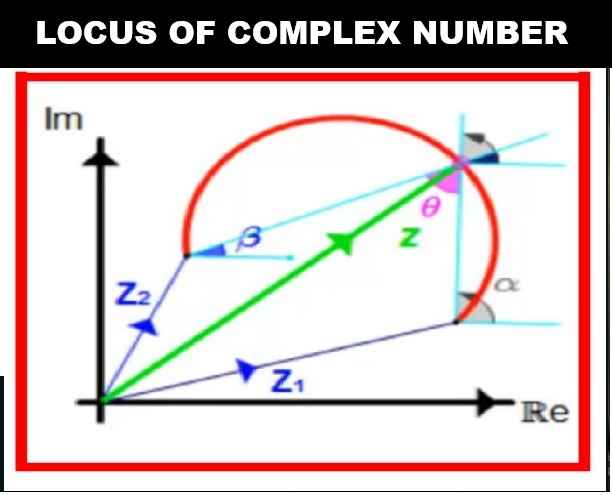Speed and Velocity Class-7th Goyal Brothers Physics Solutions Chapter-2. We Provide Step by Step Answers of Objective, True False , Fill in the blanks, Match the following , Study Questions of Chapter-2 Force and Pressure Unit-2(Speed and Velocity) Visit official Website CISCE for detail information about ICSE Board Class-7.
Speed and Velocity Class-7th Goyal Brothers
Physics Solutions Ch-2 Unit-2
| Board | ICSE |
| Class | 7th |
| Subject | Physics |
| Book Name | Goyal Brothers |
| Theme-2 | Force and Pressure |
| Unit-2 | Speed and Velocity |
| Topic | Solution of exercise questions |
| Session | 2023-24 |
OBJECTIVE TYPE QUESTIONS
A. Fill in the blanks :
- The distance covered by a body in unit time in a specified direction is called _velocity_.
- The distance covered by a body in unit time is called _speed_.
- When a body covers equal distances in equal interval of _time_ in a specified direction, it is said to be moving with uniform velocity.
- The weight is found by a _spring_ balance.
- The weight of a body can be _zero_ but not the mass.
B. Statement given below are incorrect. write the correct correct statement:
1. Distance covered by a body in unit time in a specified direction is called its speed.
Correct Statement: Distance covered by a body in unit time in a specified direction is called its velocity.
2. When a body covers unequal distances in equal interval of time, it is said to be moving with variable velocity.
Correct Statement: When a body covers unequal distances in equal interval of time, it is said to be moving with variable velocity.
3. When a body covers equal distances in equal intervals of time in a specified direction, it is said to be moving with uniform speed.
Correct Statement: When a body covers equal distances in equal intervals of time in a specified direction, it is said to be moving with uniform speed.
4. A freely falling stone has uniform velocity.
Correct Statement: A freely falling stone has uniform velocity.
5. Milligram is a multiple of kilogram.
Correct Statement: Milligram is a sub-multiple of kilogram.
C. Write ‘True’ or ‘False’ for the following statements :
- When a body starts from rest its initial velocity is zero. [T]
- The submultiple of kilogram is quintal. [F]
- The acceleration due to gravity is 981 cms-2 . [T]
- A horse covering 50 m in 5 s in a straight line has a velocity of 10 ms-1 . [F]
- The weight of a body can never be zero. [F]
D. Tick (√) the most appropriate answer.
1. SI unit of weight is :
(a) Kilogram force
(b) gram force
(c) newton
(d) dyne
Ans: (c) newton
2. A beam balance is employed to measure :
(a) pressure
(b)Mass
(c) force
(d) weight
Ans: (b)Mass
3. The SI unit of speed or velocity is :
(a) cms-1
(b) cms-2
(c) ms-2
(d) ms-1
Ans: (d) ms-1
4. The SI unit of mass is :
(a) milligram
(b) kilogram
(c) gram
(d) quintal
Ans: (b) kilogram
5. A body weighs 2 kgf at equator. Its weight at the poles will be :
(a) same as equator
(b) more than 2 kgf
(c) less than 2 kgf
(d) zero
Ans: (b) more than 2 kgf
E. Match the statement in Column A with those in Column B:
Column A |
Column B |
1. Distance covered by a body in unit time. |
1. Velocity |
2. The amount of matter contained in a body. |
2. Weight |
3. A physical quantity whose magnitude can be zero. |
3. Variable velocity |
4. Distance covered by a body in unit time, in a specified direction. |
4. Mass |
5. A body covering unequal direction in equal interval of time, in a specified direction. |
5. Speed |
Answer:
| Column A | Column B |
| 1. Distance covered by a body in unit time. | 5. Speed |
| 2. The amount of matter contained in a body. | 4. Mass |
| 3. A physical quantity whose magnitude can be zero. | 2. Weight |
| 4. Distance covered by a body in unit time, in a specified direction. | 1. Velocity |
| 5. A body covering unequal direction in equal interval of time, in a specified direction. | 3. Variable velocity |
STUDY QUESTIONS
Question 1. Define (a) speed, (b) velocity. Bring out clearly the difference between the speed and velocity.
Answer:
(a) The rate of change of motion is called speed.
(b) The rate of change of motion in a specified direction is called its velocity.
The difference between speed and velocity –
|
Speed |
Velocity |
| 1. The rate of change of motion is called speed. | 1. The rate of change of motion in a specified direction is called its velocity |
|
2. It is a scalar quantity. |
2. It is a vector quantity. |
|
3. It cannot be zero. |
3. It can be zero. |
| 4. Speed = Distance/Time | 4. Velocity = Displacement/Time |
Question 2. Give an example of body moving with (a) uniform velocity (b) variable velocity. Define the both terms.
Answer:
(a) Uniform Velocity: A body is said to be moving with uniform velocity if its average velocity between any two points along its path is the same in magnitude as well as direction.
example: A car moving on a straight road and covers 10 m in every second.
(b) Variable Velocity: When the displacement of the body is different in equal interval of time then the velocity is called variable velocity.
example: A freely falling stone is moving with a variable velocity.
Question 3. Define mass. State SI unit of mass.
Answer: Mass is the amount of matter contained in the body. It is a constant quantity for a given substance. The mass is found by using a beam balance or a physical balance.
The SI unit of mass is kilogram (Kg).
Question 4.
(a) Define weight
Answer: Weight is the force with which the earth pulls a body towards its center. The weight of a body is not a constant quantity, but depends upon the acceleration due to gravity acting on the body.
(b) State and define SI unit of weight.
Answer: SI unit of weight is Newton (N) . The amount of force acting on a body, when earths pulls a mass 100 g is equals to one Newton.
Question 5. State four differences between mass and weight.
Answer: Difference between mass and weight.
| Mass | Weight |
| 1.Mass is the amount of matter contained in a body. | 1.Weight is the force with which the earths attracts a body towards its centre. |
| 2. Mass is a scalar quantity | 2. Weight is a vector quantity |
| 3. SI unit of mass is Kilogram (Kg). | 3. SI unit of Weight is Newton (N). |
| 4. Mass of a body can never be zero. | 4. Weight of a body can be zero. |
— : end of Speed and Velocity Class-7th ch-2 unit-2 Goyal Brothers :–-
Return to- ICSE Class -7 Goyal Brothers Physics Solutions
Thanks
Please share with your friends if you find it useful


